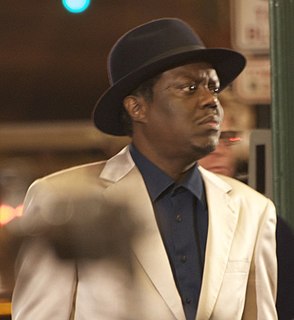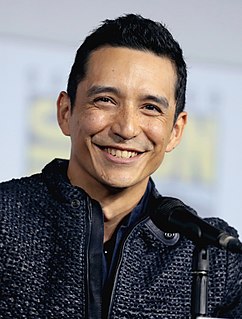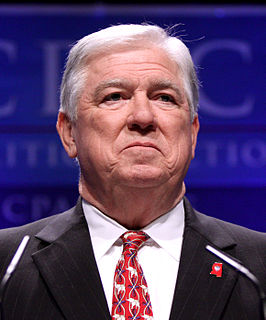A Quote by Drew Gilpin Faust
I've had dialogues with my dead mother over the 40 years since she died.
Related Quotes
My mother had a life-altering stroke when I was nineteen and she died when I was twenty-three. I'm now older than my mother when she died and my relationship with her has really changed over these many years. I continue to stay interested in her and I know her differently now. Losing my mother, losing dear friends, is now part of the fabric of my being alive. And the fabric keeps changing, which is interesting.
The idea of the book ["The Japanese Lover"] came in a conversation that I had with a friend walking in the streets of New York. We were talking about our mothers, and I was telling her how old my mother was, and she was telling me about her mother. Her mother was Jewish, and she said that she was in a retirement home and that she had had a friend for 40 years that was a Japanese gardener. This person had been very important in my friend's upbringing.
After my mother died, I learned that she'd had a scholarship to the University of Nebraska, but - in kind of a tradition that females don't do things like that - her father prevented her from going. She always said that she wasn't allowed to go to college, but until she died, I never knew that she'd had this scholarship.
I learned hard lessons in life; I had to because I had so much happen: My mother died my sophomore year in high school. The next year, same day, my brother dropped dead. Two years after that, I got married because my girlfriend got pregnant. The year after my wedding, my father - who I had only recently met - died.
I don't believe in regretting - one should try to move on. My mum was good at that. She was deeply in love with my father, and he died when I was nine. She remarried, and her second husband died, too. I saw the grieving process she went through. My mother had this way of moving on. It was a fine trait.
I was not raised with religion, and I had no faith before my mother died. On the other hand, when she died, I did not immediately feel she was "gone." I don't believe she is in something like heaven, but I also feel that we don't understand much about the nature of the universe. So I hold on to that uncertainty, at times.
My daddy died when I was two years old. My mother raised my two older brothers and me. And we couldn't have had a better situation. I mean, she was the - ran the concession stand at the Little League, and she was the first woman president of The Touchdown Club, the booster club for the high school football team. And so, I had a wonderful childhood.








































